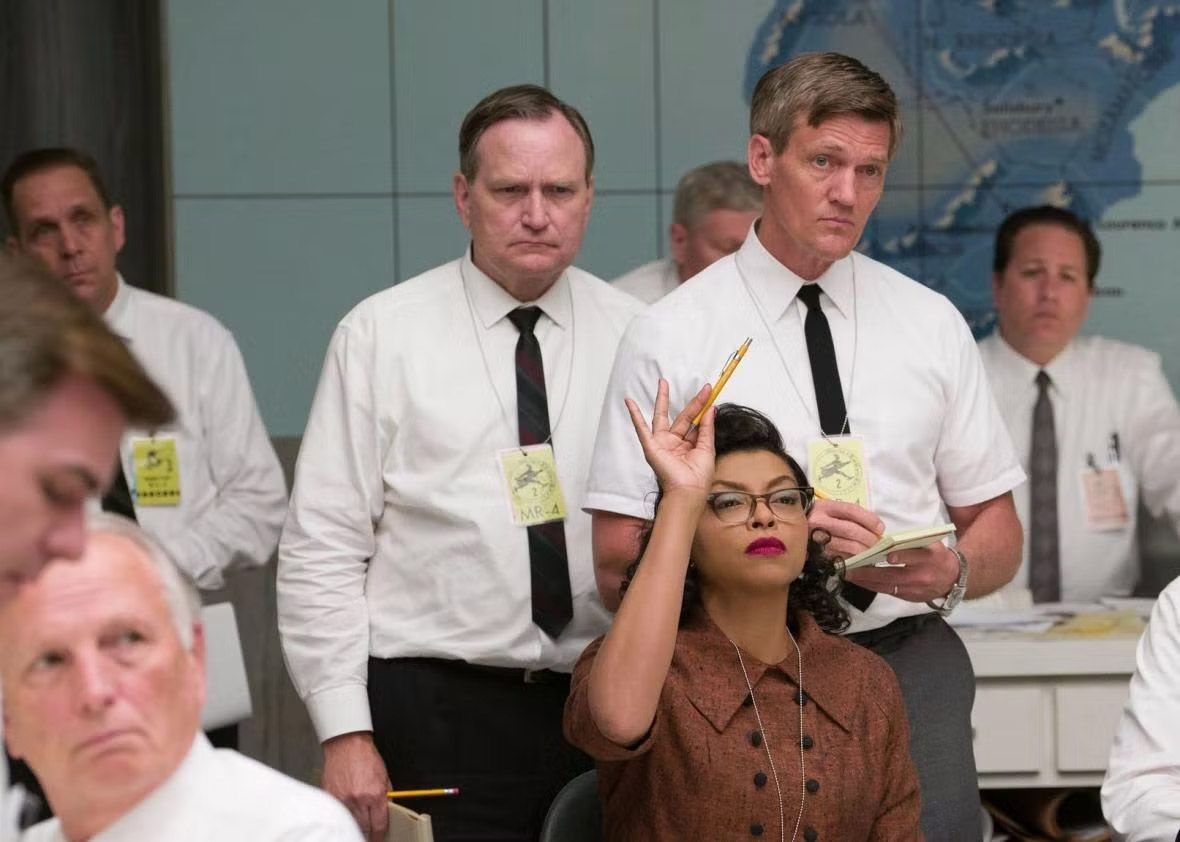Information technology is one of the most dynamic fields constantly evolving and significantly affecting our daily lives: the way we live, the way we work and the way we communicate.
However, the gender gap in IT is narrowing, but not nearly as fast as it should.
Tech companies have a long way to go for gender-equal representation on all levels, including leadership positions.
The current landscape demands better representation.
As our lives become increasingly intertwined with technology, the gaps in representation become increasingly apparent.
Early developments of vehicle airbags were tailored for male bodies, which resulted in the avoidable loss of lives among women in car crashes.
That is one example among countless, and the takeaway is clear: women need space and a voice in the technological advancements of today and tomorrow.
Increasing representation is not only about making the world safer and friendlier for all.
Equal representation also brings diversity of perspective to business decisions, which is unquestionably, a competitive advantage.
Of course, it can have an equal impact on the different needs of women and men.
According to the European Institute of Gender Equality (EIGE- 2019), fewer women (4%) than men (27%) work in STEM occupations (science, technology, engineering, and mathematics).
In general, the proportions of both women and men working in STEM occupations in Cyprus are among the lowest in the EU.
One of the reasons for the gender gap goes back to traditional, patriarchal stereotypes and social prejudices existing in our society, which, in turn, prevents women from participating equally in all spectrums of life, including IT.
To deconstruct stereotypes, we must start with education and push girls as we push boys into these professions.
We must do so and base our efforts on their skills, not our personal stereotypes and conscious or unconscious biases.
The idea, but also the fact that IT is a field dominated by males, must be dispelled.
Women have contributed as much as men in this industry for years, but this was never celebrated or acknowledged.
How many of us know that during World War II, women undertook numerous wartime jobs.
One of these was to work as human computers calculating ballistics by hand so that the military could determine firing angles.
Codebreakers
Or that by the mid-’40s, around 100 female mathematicians were literally performing the function of calculating relentless trajectory calculations by hand.
Or that the Bletchley Park codebreaking operation during WWII consisted of nearly 10,000 people, of whom 75% were women.
Yet, these women were never formally recognised as analysts as their male counterparts were, and they were asked to describe their job as secretarial.
The examples are many – the message is one: we must recognise their achievements and encourage more women to follow in their footsteps.
If we do not acknowledge women’s participation, then we lack role models, and, as we know, “you can’t be what you can’t see”.
We should encourage young women to follow professional careers in STEAM (science, technology, engineering, the arts, and mathematics) by providing them with the appropriate guidance and support.
In 2025, the European Union expects the demand for STEAM professionals to increase by 8%, much higher than the average need for professionals in other fields.
Therefore, the participation of both women and men is necessary in the STEAM fields.
Gender equality in all areas of life is high on the government’s political agenda.
As we have identified all the gaps mentioned, with the initiative of my office and in collaboration with the Cyprus State Scholarships Foundation, President Christodoulides announced the establishment of 10 scholarships for undergraduate studies to women aged 30+, who for different reasons, did not have the opportunity to study earlier.
The scholarships for this year will be given to women who wish to study in the field of innovation and technology.
To raise awareness, we plan an online campaign where every month, we will be presenting a role model or a success story of women in the field.
And in collaboration with the Ministry of Education, we are planning a series of training for educators and career advisors on gender-related issues.
The aim is to deconstruct unconscious biases that often work in such ways, guiding girls and boys into occupations based on stereotypes and the so-called traditional women and men’s professions.
We must not forget that many are computer and technology illiterate.
It is our duty as a state that we go to them, that we train them.
Targeting women in rural areas, I call on the experts on the issue to help us train them.
I cannot emphasise enough the importance of cooperation between the state, private sector, and civil society to create a supportive and inclusive workplace, culture and environment that promotes gender equality.
It is essential to unlock the full potential of women and men in IT and create a better future for all.
By Josie Christodoulou, Commissioner for Gender Equality
(Excerpts from her speech at the First Meetup of ITLADIES TECHISLAND)










